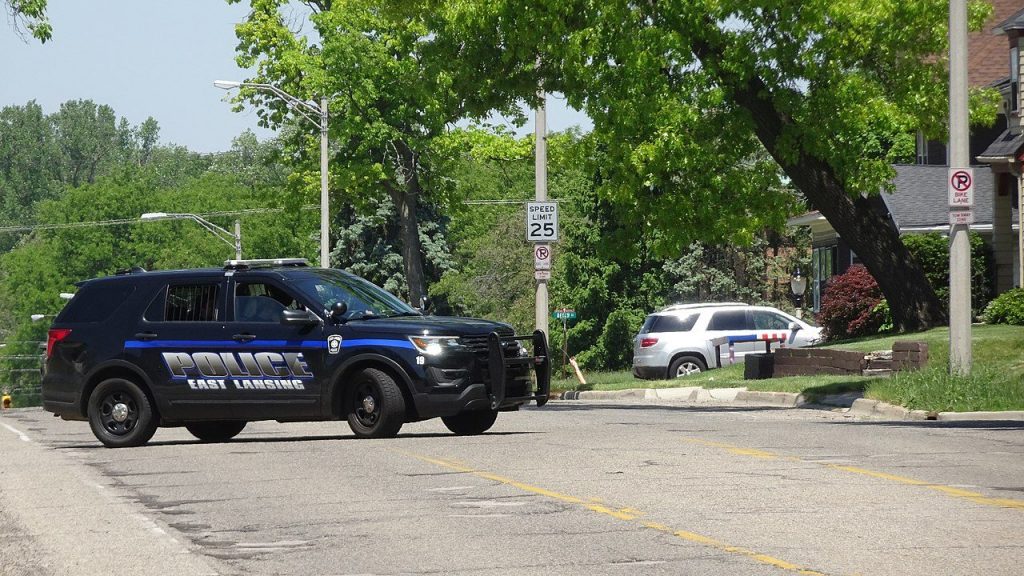How police departments can improve community relations and reduce crime
It’s been two and a half years since George Floyd was killed. Despite some changes, police departments still have issues to address.

It’s been two and a half years since George Floyd was murdered by a police officer, prompting millions to flood the streets and call for police reform.
Since that time, many police departments have started including new measures to rethink the role of police. This includes model where police work alongside mental health clinicians or allocating work to them completely.
But that doesn’t mean police departments have solved all their issues. About one of every thousand Black men die at the hands of a police officer — a rate that is two and a half times higher than that of white men.
At the same time, the vast majority — about 96% — of police work is unrelated to violent crime response. Routine traffic stops, dealing with mental health crises, property crime, drug abuse and homelessness are just some of the things that we rely on police officers to deal with.
Because of this, as a society, we must reconcile the high expectations we have of officers, with the current system cultural issues found in many departments and promote love for the communities they serve.
“It’s hard to change police departments unless you shift the culture…in the direction of community orientation.” — Neil Gross, professor and former police officer
Listen: How we can change police culture to improve community relations and reduce crime.
Guest
Neil Gross is a professor of sociology at Colby College. He is also a former police officer and author of the book “Walk The Walk: How Three Police Chiefs Defied the Odds and Changed Cop Culture.”
Gross says that while policy changes are important, changing police culture is necessary to improve outcomes.
“It’s hard to change police departments,” says Gross, “unless you shift the culture unless you shift the mindset, as you suggested more in the direction of community orientation. A focus on soft skills, but also a move away from the traditional us versus them mentality, suspiciousness abiding conservative danger things that have defined police culture traditionally, so that cultural shift is key.”
Trusted, accurate, up-to-date.
WDET strives to make our journalism accessible to everyone. As a public media institution, we maintain our journalistic integrity through independent support from readers like you. If you value WDET as your source of news, music and conversation, please make a gift today.
